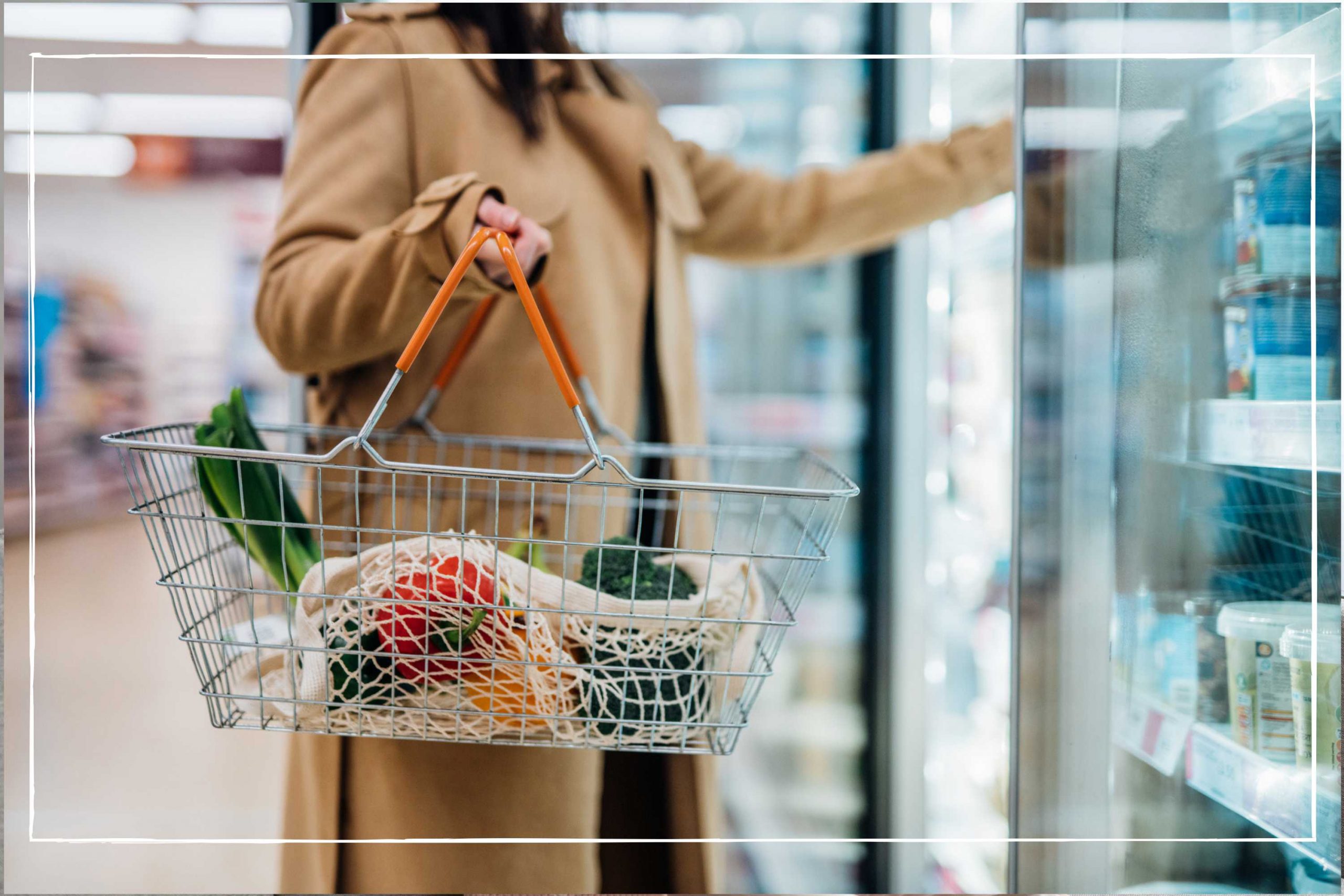Pasta prices soar by 50% amid latest supermarket food price hikes, latest data shows
Latest government data shows the prices of some budget food items have risen more than 15%, with pasta showing the biggest rise of all at 50%

Parenting advice, hot topics, best buys and family finance tips delivered straight to your inbox.
You are now subscribed
Your newsletter sign-up was successful
Latest figures from the government indicate that pasta prices have increased by 50% over the last 12 months. The rising cost of other everyday staples such as rice and bread will have also contributed to your supermarket shop costing more than it used to.
Households have been concerned about why food prices are going up and are already shopping at the cheapest supermarkets in an attempt to alleviate the pressure and save money on food.
Now new data from the government reveals households face disproportionately high price rises for some budget food items including pasta, rice, crisps, bread and minced beef.
The Office of National Statistics (ONS) has produced experimental data for the first time that shows prices for some everyday low-cost food items have increased faster than the rate of inflation. In simple terms, inflation is a term used to describe price increases over time, and the rate of inflation is how quickly the prices are rising. The current inflation rate is 9%.
Pasta prices surge
Pasta prices rose the most dramatically with an increase of 50% from a year ago. This is five and a half times more than inflation.
Meanwhile, there were also above-average-inflation-price-rises for other household basics such as bread (16%), rice (15%) and crisps (up 17%), Some meat has become more expensive too: minced beef (up 16%) and chicken breast (up almost 9%).
The ONS pulled together the new data after the food poverty campaigner Jack Monroe claimed the poorest households would struggle more due to bigger increases in the price of budget brand items. The research was done by tracking the price of the lowest-cost products available online from Asda, Iceland, Morrisons, Tesco, Sainsbury’s, the Co-op and Waitrose.
Parenting advice, hot topics, best buys and family finance tips delivered straight to your inbox.
However, despite these shocking rises, the research showed the overall inflation rate for a shopping basket of 30 everyday items was around 6% - this is around the same as the 6.7% average inflation rate for food in the last year.
Monroe said the figures demonstrated their point about disproportionately high price rises of value brands in supermarkets.
Some everyday items even showed a fall in price such as potatoes (down by 14%), cheese (7%), pizza (4%), sausages (3%) and apples.
Change in the price of low-cost food items
| Pasta | up 50% |
| Crisps | up 17% |
| Bread | up 16% |
| Minced beef | up 16% |
| Rice | up 15% |
| Sausages | down 3% |
| Chips | down 3% |
| Pizza | down 4% |
| Cheese | down 7% |
| Potatoes | down 14% |
Sarah Coles, senior personal finance analyst at Hargreaves Lansdown says: ““Budget range inflation has dealt a nasty blow to shoppers on low incomes. Technically it may be possible to trawl the supermarkets with a calculator, look at how prices have fractionally fallen or risen, and work out how to squeeze a week’s worth of food out of a weekly budget. In reality, this takes an awful lot of time and energy that people may not have if they’re working.”
Myron Jobson, senior personal finance analyst at interactive investor, adds: “Every shopping basket is different, it’s worth keeping tabs on your spending habits to get a better idea of the goods that are eating most into your budget, and where you could cut back. Look at what makes sense for you.”
How are supermarkets responding?
Households will be happy to hear that supermarkets are responding to the crisis. Sainsbury’s has announced it will invest more than £500m into lower pricing by March 2023 focusing on essential items, such as milk, eggs, meat, fish, fruit and vegetables, and key household products. Tesco has launched its Better Baskets scheme which includes over 200 of their cheaper Aldi Price Match items and Low Everyday Prices budget food range. Items have logos on them to help customers spend less.